Avellon Williams
TRINIDAD AND TOBAGO – The end of slavery in the British Empire is marked on Emancipation Day. As a result, it is observed as a public holiday in Trinidad and Tobago 🇹🇹 on August 1, where there is no work.
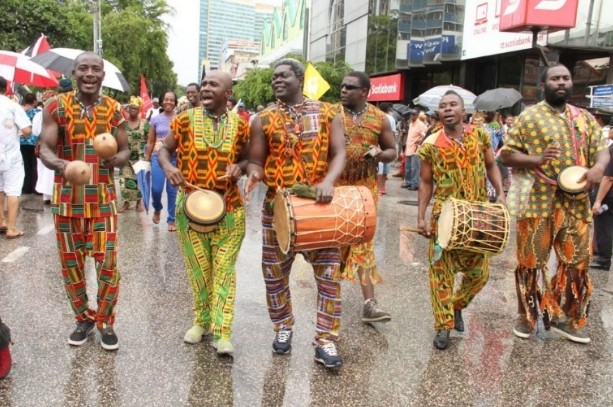
To commemorate the abolition of slavery, Trinidad & Tobago has celebrated Emancipation Day since 1985, when it became the first country in the world to declare a national holiday.
Columbus Discovery Day, which marked Christopher Columbus’ arrival in Trinidad on July 31st, 1498, was replaced by Emancipation Day.
Trinidad and Tobago’s Emancipation Day history
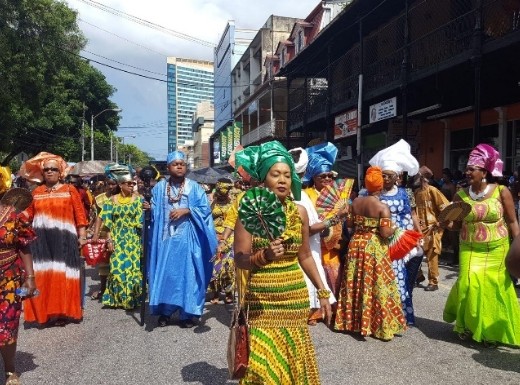
A widespread practice of slavery had been permitted by the British, along with other colonial powers, during their expansion into the new world. Slavery in England and Wales was declared unconstitutional by the common law in 1772 following Somerset v Stewart.
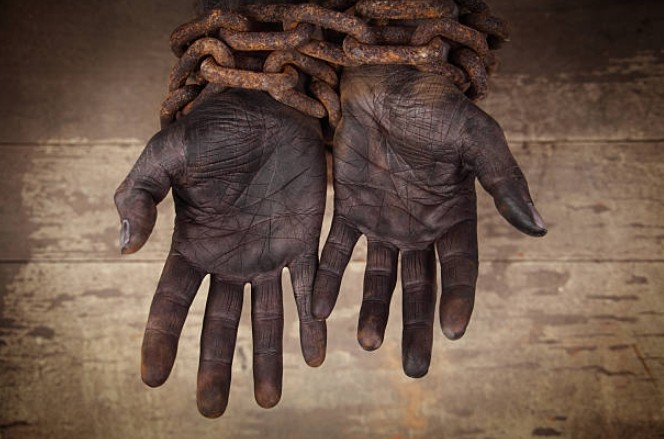
Even though the ruling was unclear about the situation in other parts of the Empire, this case was seen as a turning point in the evolution of emancipation.
After the Slavery Abolition Act, 1833 was enacted on 1 August 1834, slavery was finally abolished throughout the British Empire.
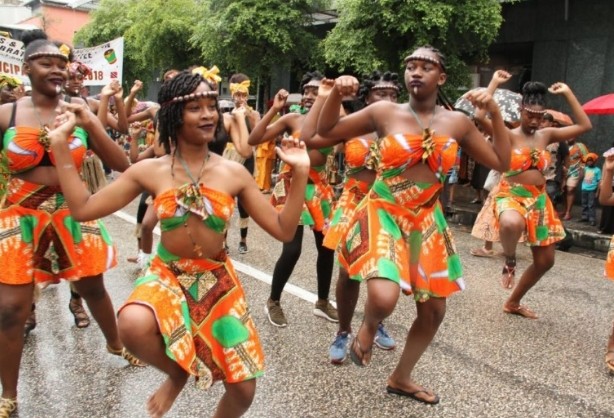
Emancipation celebrations took place in Trinidad and Tobago in the 19th and early 20th centuries. As a result of the Legislative Council’s mandate in 1939, Emancipation Day was renamed Discovery Day, in honour of Christopher Columbus and his journeys to the new world.
In the 1970s, Emancipation Day was proposed as a replacement for Discovery Day. Following the 150th anniversary of emancipation in 1984, the Trinidad and Tobago government declared 1st August a public holiday.
Trinidad and Tobago’s early Emancipation
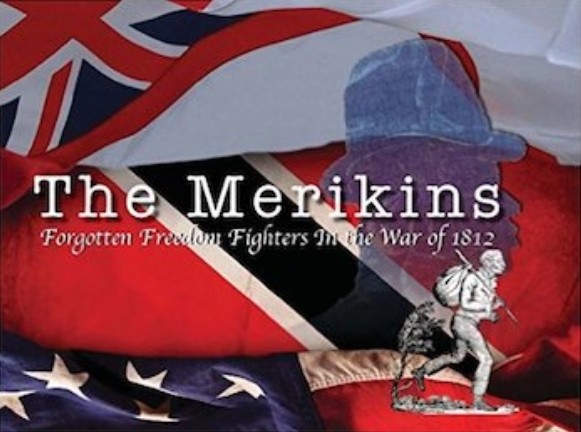
There were two groups living in Trinidad and Tobago who gained their freedom before Emancipation was declared in 1834.
Merikins were the first to appear. During the War of 1812, they fought with the British against the former colonies as formerly enslaved people from the American south. As a reward for their service, they were awarded freedom and land in Princes Town and Moruga.
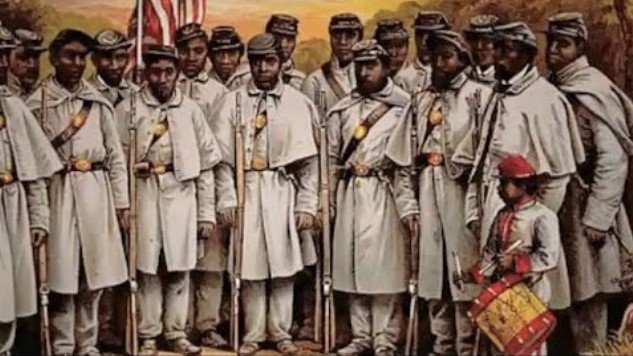
Another group was made up of Muslim soldiers born in Africa who had served in the British Army from 1793 to 1815. Their freedom and land were granted to them as well in Cumuto, Valencia, and Manzanilla.




